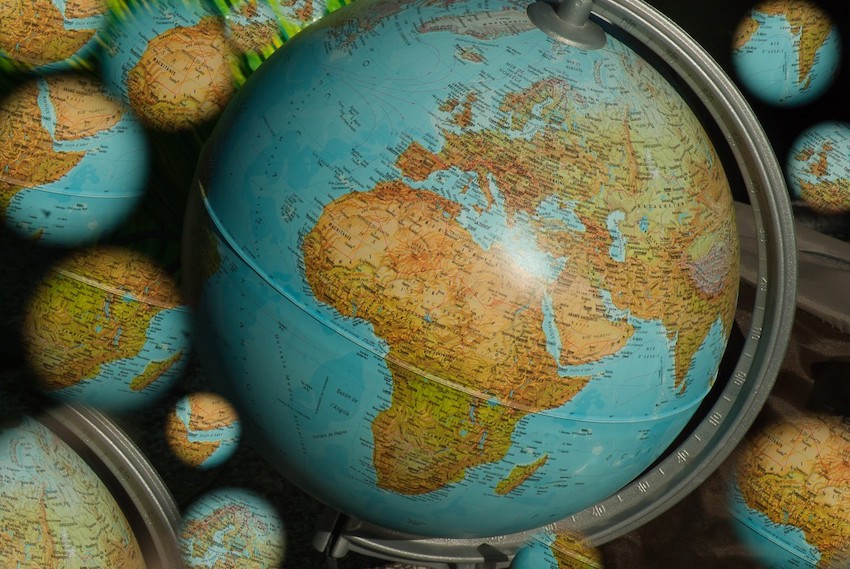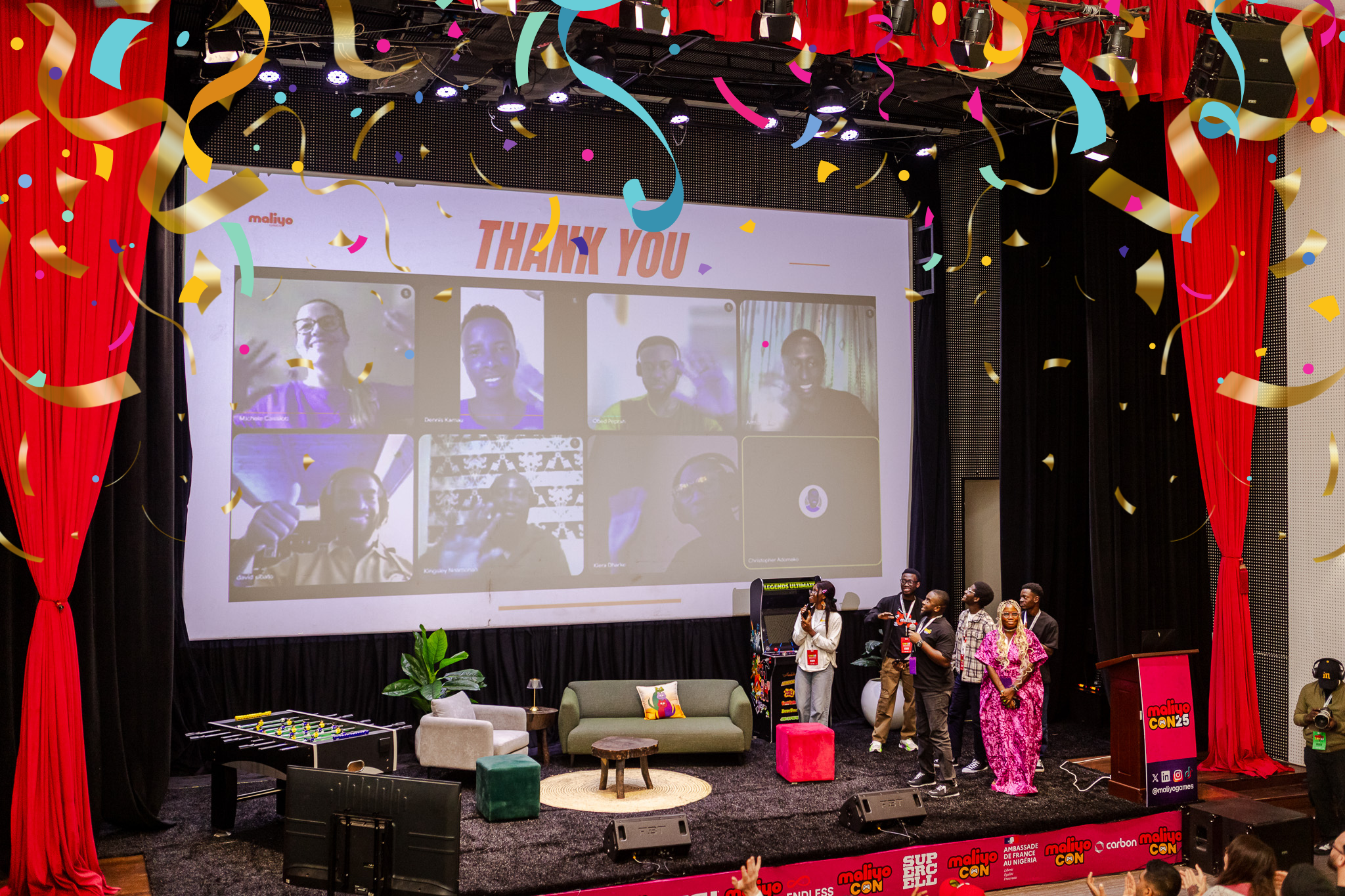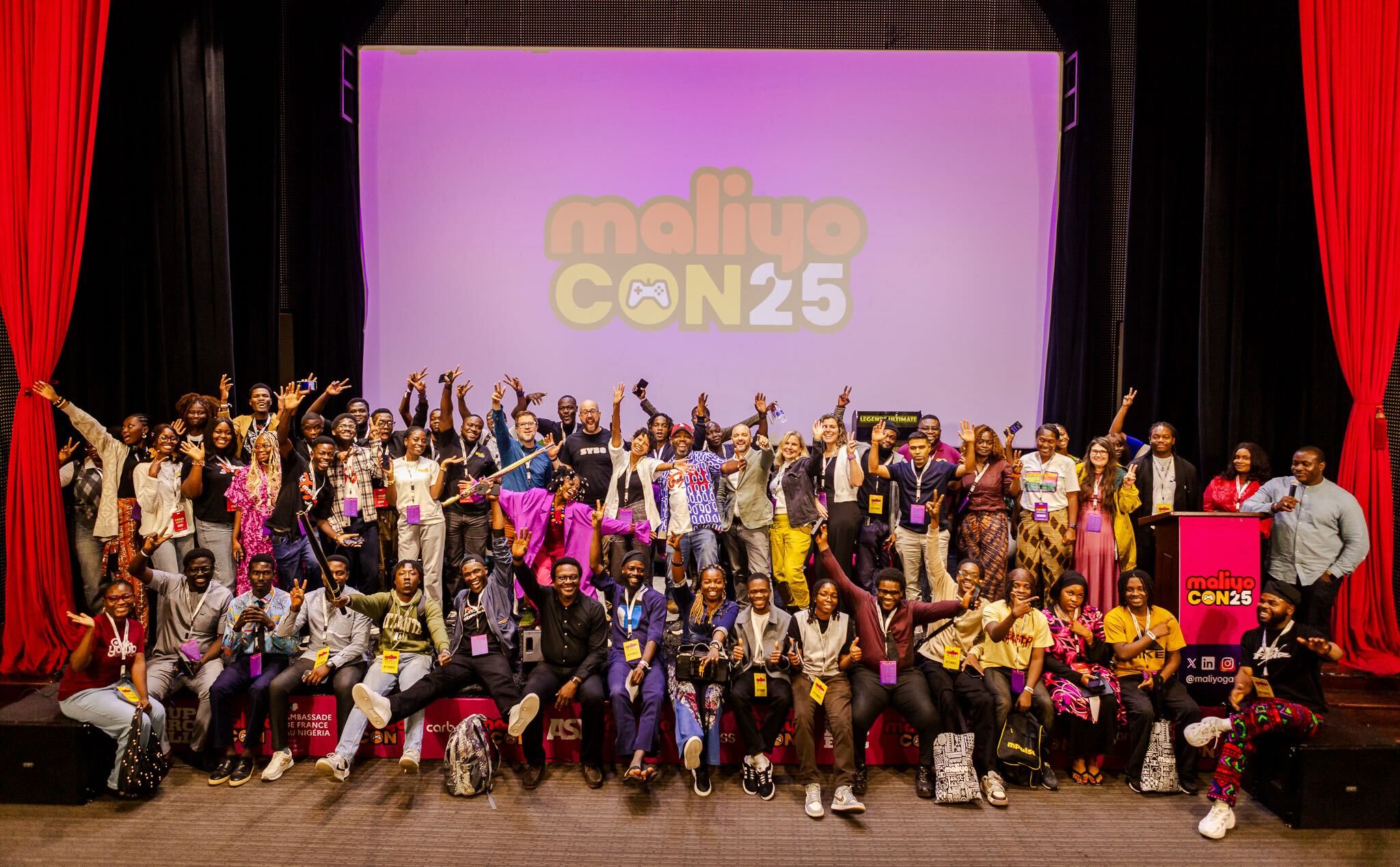The Global South has seen tremendous growth in the gaming industry in recent years. It is made up of Africa, Latin America and the Caribbean, Pacific Islands, and Asia, excluding Israel, Japan, and South Korea.
Brazil, Mexico, India, Nigeria, Kenya and South Africa are a few examples of countries that have emerged as key players in the region. The increased use of mobile devices and internet penetration in the region has played a crucial role in the industry’s growth. This article takes a closer look at the Global South’s Gaming Industry; the major players, the growth of gaming culture, and its future.
Growth of Mobile Devices and Internet Penetration in the Global South
The Global South has experienced a surge in mobile devices in recent years. According to 2020 African, Asia Pacific and Latin American reports by GSMA Intelligence, the number of unique mobile phone users in the Global South was around 3.8 billion in 2020 and is projected to increase to approximately 4.5 billion by 2025.
This increase in mobile devices and internet penetration has had a significant impact on the gaming industry in the region. Mobile gaming has become a popular pastime, with more people playing games on their mobile devices. The growth of mobile gaming has also led to the emergence of new gaming companies in the region.

Major Players in the Global South Gaming Industry
The Global South has seen the emergence of both local and international players in the gaming industry. Companies such as Carry1st, Tencent, NetEase, and Activision Blizzard have established themselves as major players.
Carry1st is a South African-based company, that develops and publishes mobile games for the African market. Tencent is a Chinese gaming company that has a significant stake in the South African gaming industry. NetEase is another Chinese gaming company that has established itself within the Indian gaming industry. Activision Blizzard is an American gaming company that has a presence in both the Brazilian and Mexican gaming markets.
Culture of Gaming in the Global South
Gaming culture has grown significantly in the Global South. Esports and pro-gaming have played a crucial role in demystifying the gaming industry in the region. Esports competitions have become popular, with more people watching and participating in competitions.

However, gaming is still synonymous with gambling in some parts of the Global South, which has led to a negative perception of the industry. Efforts are being made to sensitize people on the difference between gaming and gambling and to promote gaming as a constructive pastime.
Games for Good in the Global South
The gaming industry in the Global South is also being used for positive societal change. Governmental institutions, and the private sector, are collaborating with the gaming industry to use gaming as a tool for education.
Kura Yako, Sauti Yako was a civic education platform commissioned by the US government and executed by a United States International University-Africa and Jiwe Studios, a Kenyan-based studio. It aimed to reach the youth in Kenya through gaming and encouraged young people to learn more about their civic duties ahead of the Kenyan general elections in 2022.

Sea Monster in South Africa partnered with Capitec, a local bank, to develop Livin’ it Up, a game that teaches financial literacy to young people. These initiatives are helping to change the perception of gaming in the Global South and promote it as a positive tool for education.
The Future of Gaming in the Global South
The future of gaming in the Global South is bright, with emerging technologies such as cloud gaming, VR, and AR expected to become more prevalent in the region. The young generation in the Global South, with a median age of 17 years in Nigeria, 19 years in Kenya, 32 years in Brazil, 29 years in Mexico, 27 years in India, and 27 years in South Africa, is expected to drive the growth of the industry.
Other Cultural Exports from the Global South
The gaming industry is not the only sector where the Global South has been making an impact in terms of cultural exports. The region is also home to two of the biggest film industries in the world: Bollywood in India and Nollywood in Nigeria.
Bollywood is known for its colourful and musical films, which have captivated audiences worldwide for decades. The industry has been growing rapidly in recent years and in 2020 it was estimated to be worth $4.5 billion by 2021. With its large population and increasing access to mobile devices and the internet, India has the potential to become a major player in the global gaming industry as well.
Nollywood, on the other hand, is the second-largest film industry in the world in terms of output, surpassed only by India’s Bollywood. Nigerian films have gained a reputation for their unique storytelling, and their influence has been spreading across Africa and beyond. With its large youth population and increasing interest in gaming, Nigeria is poised to become a major player in the gaming industry as well. Platforms like Netflix have revolutionized the global distribution and awareness of entertainment exports from Nigeria and India. Nollywood is gaining recognition and through Netflix it has found a wider audience across Africa and beyond.
The music industry is also thriving in the Global South, with Nigerian music dominating the scene in recent years. Afrobeats, a genre that originated in Nigeria, has been gaining popularity worldwide, with artists such as Burna Boy and WizKid making waves on the international music scene.
In addition to these cultural exports, the Global South has also been making waves in terms of technological innovations. One example is M-Pesa, a mobile payment system that originated in Kenya and has since been adopted in other countries in the region. M-Pesa has transformed the payment system in the region, making financial services more accessible to millions of people who were previously unbanked.
The gaming industry in the Global South is growing rapidly, fueled by increasing access to mobile devices and the internet. As the region’s youth population continues to grow, the demand for gaming is expected to increase as well. With both local and international players vying for a share of the market, the gaming industry in the Global South is poised for continued growth in the coming years.




